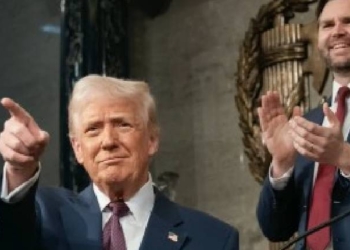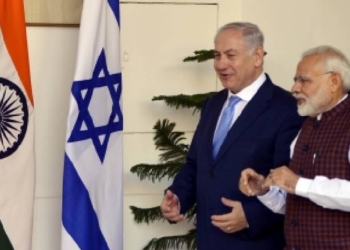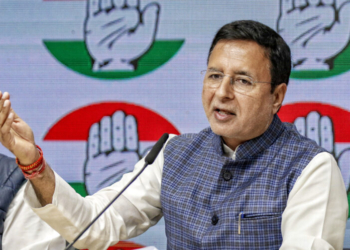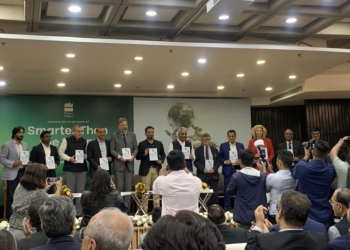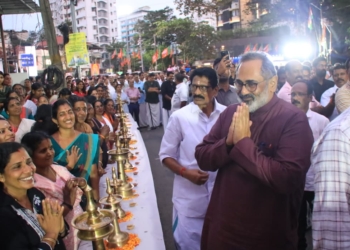New Delhi: The Delhi High Court has said that the stringent provisions of Prevention of Money Laundering Act (PMLA) cannot be allowed to detain accused persons for an unreasonably long period.
It said that when “the trial is not likely to conclude in a reasonable time, Section 45 (of PMLA) cannot be allowed to become a shackle which leads to unreasonably long detention of the accused persons.”
Under Section 45 of the PMLA, twin tests must be met to obtain bail.
First, the court should be convinced that there are reasonable grounds for believing that the accused is not guilty of such an offence.
Second, the court should be convinced that the accused seeking bail is not likely to commit any offence while out on bail.
The Delhi HC further said that where the delay in commencement of the trial is not attributable to the accused, keeping him in custody by using Section 45 of the PMLA as a tool for incarceration is not permissible.
A Bench of Justice Manoj Kumar Ohri was considering a plea moved by the Vice President (Finance) of Bhushan Steel, arrested in January this year for allegedly creating fraudulent documents to avail Letter of Credit facility from banks.
The applicant contended that the main accused, including Bhushan Singhal, Neeraj Singhal, Nitin Johari and Ajay Mittal have already secured bail and the conclusion of trial would take a long time.
In its order, the Delhi High Court noted that the trial in the predicate as well as the present complaint is yet to commence and would take some time to conclude.
“The right of liberty and speedy trial guaranteed under Article 21 is a sacrosanct right which needs to be protected and duly enforced even in cases where stringent provisions have been made applicable by way of special legislation.
“The stringent provisions would have to be interpreted with due regard to Article 21 and in case of a conflict, the stringent provisions, such as Section 45 of the PMLA in the instant case, would have to give way,” it said.
Considering the totality of the facts and circumstances, including the period of custody undergone and that the trial is yet to commence, the Delhi HC ordered the accused to be released on regular bail, subject to furnishing a personal bond of the sum of Rs.1,00,000 with one surety of the like amount.
Recently, the Supreme Court allowed the bail plea of DMK leader V. Senthil Balaji in a money laundering case and stressed that when PMLA lays down a higher threshold for the grant of bail, an expeditious disposal of the trial is also warranted.
It said, “Inordinate delay in the conclusion of the trial and the higher threshold for the grant of bail cannot go together. These stringent provisions regarding the grant of bail, such as Section 45(1)(iii) of the PMLA, cannot become a tool which can be used to incarcerate the accused without trial for an unreasonably long time.”
“The Constitutional Courts cannot allow provisions like Section 45(1)(ii) to become instruments in the hands of the ED to continue incarceration for a long time when there is no possibility of a trial of the scheduled offence and the PMLA offence concluding within a reasonable time,” added the top court.
The 2022 judgment in the Vijay Madanlal Choudhary case affirmed the stringent provisions of PMLA in connection with the definition of proceeds of crime, power of arrest, search and seizure, attachment of properties and also the twin bail conditions.
A batch of petitions seeking review of the 2022 judgment in the Vijay Madanlal Choudhary case remains pending before the Supreme Court, apart from the petitions seeking reconsideration of the 2022 PMLA judgment and its reference to a larger Bench.
(IANS)





